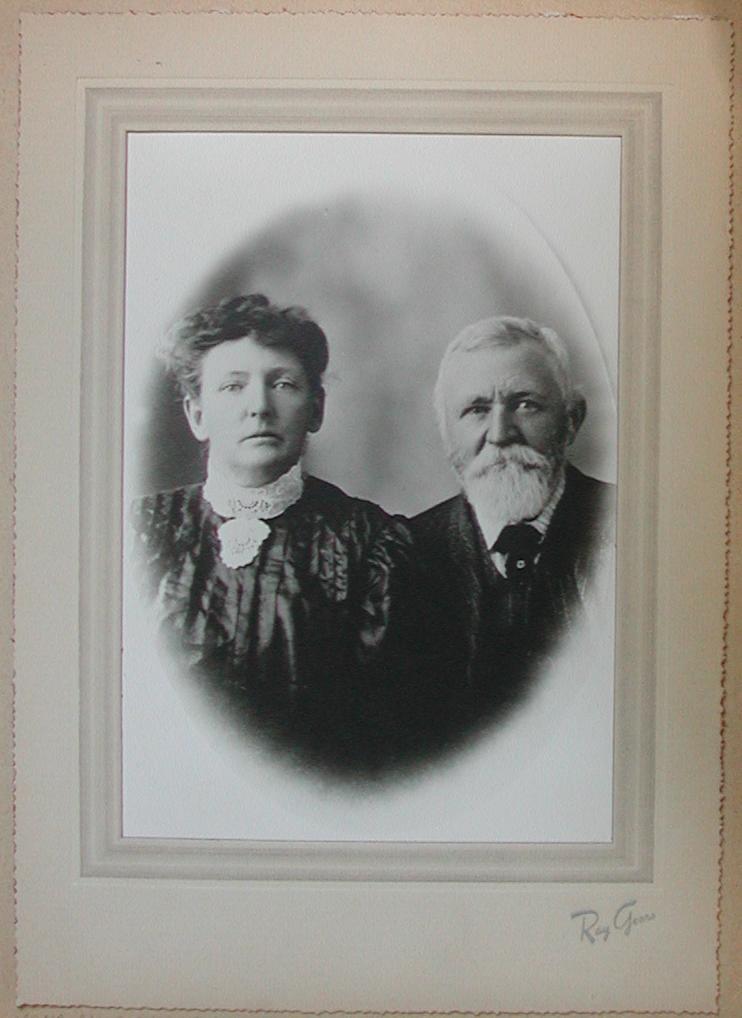


 rena-Alice rose and sat on the edge of her bed.
With deft, practiced thoughtless movements, she swept her long
brown hair into a thick, round sphere on the back of her head.
It was another day. There were cows to milk at dawn, and at
dark. There was food to cook and there were vegetables to
irrigate. There were fields to be plowed and hogs to be fed. A
fence needed mending, and some chickens had to be butchered
before Wirt came home. When Wirt came back from Cuyama, they
would have a big dinner. She missed her husband. She missed
his gaiety, his never-ending dreams, his strength, his ability
to laugh, and his ability to weep. Weaver and Ben would milk
the cows. Weaf, her oldest son, would soon be leaving, and her
small, quiet, sensitive son Ben would take his place. Ben
would take Weaf's place before his bones were grown and before
his mind wanted to think mature thoughts, man's thoughts. Yes,
Weaver and Ben would milk the cows. And Mabel would water the
vegetables, and she would coerce Luella into feeding the hogs.
Beautiful, red-haired Mabel who threw her body forward with
will as she walked; with head high, and her glance a bit hard.
Mabel was hard with everyone, even with herself. Beautiful,
brass-like Mabel had to be hard. And quiet little Luella with
her long blond bangs that constantly fell into her eyes, and
her beautiful strong mouth and white teeth, Luella, who was
always laughing or crying, always giving, who would lug the
waste out to the hog pen, and perhaps Mabel would help her.
rena-Alice rose and sat on the edge of her bed.
With deft, practiced thoughtless movements, she swept her long
brown hair into a thick, round sphere on the back of her head.
It was another day. There were cows to milk at dawn, and at
dark. There was food to cook and there were vegetables to
irrigate. There were fields to be plowed and hogs to be fed. A
fence needed mending, and some chickens had to be butchered
before Wirt came home. When Wirt came back from Cuyama, they
would have a big dinner. She missed her husband. She missed
his gaiety, his never-ending dreams, his strength, his ability
to laugh, and his ability to weep. Weaver and Ben would milk
the cows. Weaf, her oldest son, would soon be leaving, and her
small, quiet, sensitive son Ben would take his place. Ben
would take Weaf's place before his bones were grown and before
his mind wanted to think mature thoughts, man's thoughts. Yes,
Weaver and Ben would milk the cows. And Mabel would water the
vegetables, and she would coerce Luella into feeding the hogs.
Beautiful, red-haired Mabel who threw her body forward with
will as she walked; with head high, and her glance a bit hard.
Mabel was hard with everyone, even with herself. Beautiful,
brass-like Mabel had to be hard. And quiet little Luella with
her long blond bangs that constantly fell into her eyes, and
her beautiful strong mouth and white teeth, Luella, who was
always laughing or crying, always giving, who would lug the
waste out to the hog pen, and perhaps Mabel would help her. 


| To donate to the restoration by Roma of Florence's
formerly abandoned English Cemetery and to its Library
click on our Aureo Anello Associazione:'s
PayPal button: THANKYOU! |